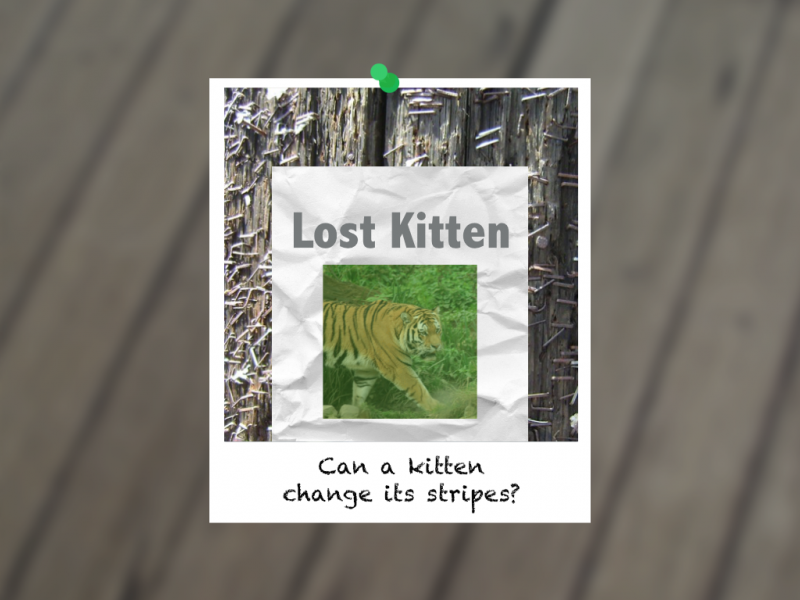Lynne Turner could sell anything. She once sold snow to a south Florida Tiki Bar. The bar patrons were less than thrilled about the puddles all over the patio instead of the promised snowball fight. Lynne convinced the Cincinnati Reds to allow a middle school band to play the National Anthem on July Fourth. Fans of baseball and the National Anthem were left with a ringing in their ears that made it hard to focus on the fireworks show hours later.
Lynne was such a good salesperson that she kept receiving even more significant challenges due to her reputation for success. Customers included a Christmas Nativity Scene booth at a Skeptics Society convention, a surf shop in Nebraska, and a tire shop on a cruise ship. The location didn’t matter, nor how unhappy it eventually left its customers.
To say Lynne was without principles would have been selling her slightly short. Sure, selling Doritos Locos Tacos to a children’s lunch program seems immoral, but she had standards. She would tell you that she was not a marketer.
Marketing is how you place yourself within a group of people who want to hear from you. When you’re marketing, it means that your product has value to your potential customers.
Lynne would scoff at the idea that she was marketing. Lynne would laugh if people asked if she was in advertising (she didn’t make commercials), and she balked at the idea that she was a storyteller. She was a salesperson—the best.
So Lynne didn’t hesitate when a traveling circus called her because they needed her help to sell a product. They had too many tiger cubs and didn’t know how to get rid of them. Lynne jumped at the opportunity.
“We’ll have a pet adoption,” Lynne said.
“How do we make a sale that way?” the ringmaster of the circus asked.
“You can attach so many fees to an adoption that no one blinks an eye when they’re buying their animal.”
So Lynne set the plan in motion. With some sales associates’ help, she rounded up other animals and set the pet adoption up in the park. The adoption included six dogs and fourteen cats, but eight of those cats were tiger cubs.
Of course, the kids flocked first.
“Billy, that’s a tiger!” a mom named Susan yelled, but Lynne craftily stepped in.
“These felines are not the tigers you’re thinking of,” she said, reassuring the woman but not telling her the switch she was making. She assumed the woman was thinking of tigers in a jungle, not in a traveling circus.
“Well, what kind of tigers are they?” Susan asked.
“The perfect cat—they can play with your family in many ways.”
“But won’t they get too big?”
“You’d be surprised.”
Susan took two tigers home. The tigers grew to be the size of her husband’s Tesla.
Of the six remaining, one was sold to a farmer looking for a pet to hunt mice. His ‘pet’ tiger ended up hunting the farmer’s lambs.
Another went to a family with three dogs because, of course, the tiger would get along. The family found themselves trapped in the guest room.
One tiger went to a kindergarten as the class pet.
The mayor adopted a tiger for his niece.
Two tigers remained. Luckily, Lynne had made money adopting the other pets. She gave the circus their money while keeping a large cut and thought about the other two tigers.
One, she decided to let go, and it found a nice place in the forest where it hunts rabbits and scares children. The other tiger, though, she kept.
Why would she keep a tiger when she knew it wouldn’t play well with other animals or children or the mayor’s nieces?
Well, she was an excellent salesperson. And the best salespeople convince themselves. Despite this tiger’s future destroying many of Lynne’s sales adventures, she never quite got the lesson. She fell into a tiger trap—forgetting that she put it there.

